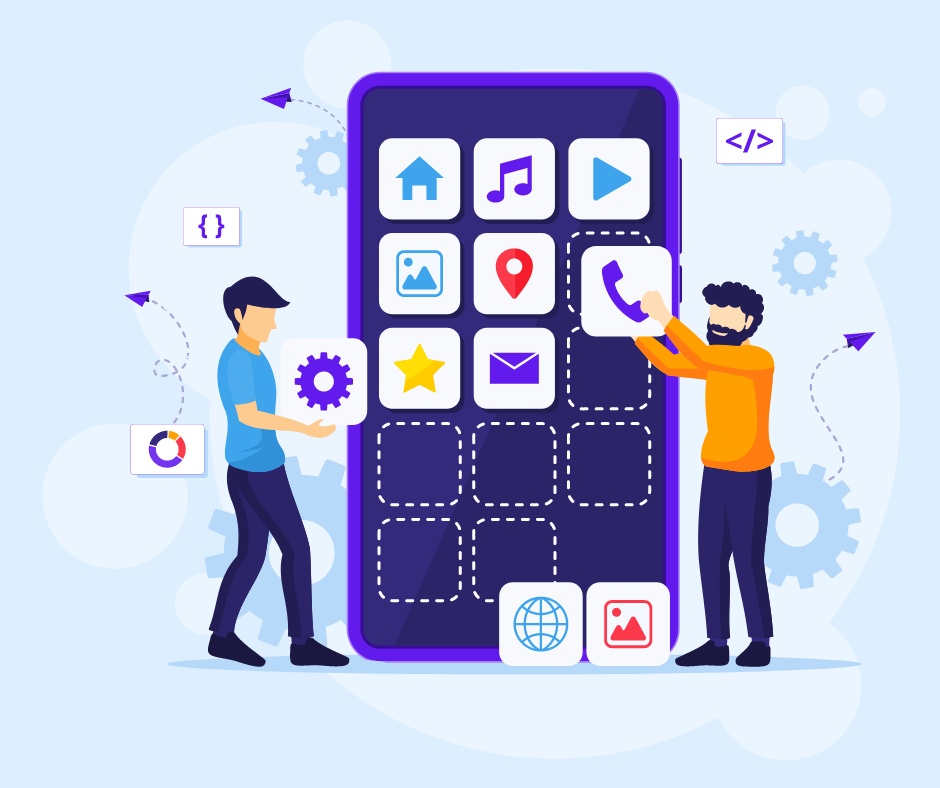Introduction:
Android app development has witnessed a significant shift in recent years, with Kotlin emerging as a strong contender against the long-standing incumbent, Java. The battle between Kotlin and Java for Android development supremacy has sparked numerous debates among developers. In this article, we will explore the pros and cons of using Kotlin over Java for Android app development.
Pros of Kotlin for Android Development:
- Conciseness and Readability: Kotlin is renowned for its concise syntax, which results in less boilerplate code compared to Java. This concise nature enhances code readability and makes it easier for developers to write clean and maintainable code.
- Null Safety: Kotlin addresses the notorious NullPointerException issue by introducing a robust type system that distinguishes between nullable and non-nullable types. This feature helps developers write more robust code, reducing the chances of runtime crashes due to null pointer exceptions.
- Interoperability with Java: One of Kotlin's key strengths is its seamless interoperability with Java. This means that existing Java codebases can be gradually migrated to Kotlin, allowing developers to leverage Kotlin's features without the need for a complete rewrite.
- Extension Functions: Kotlin introduces extension functions, enabling developers to add new functions to existing classes without modifying their source code. This feature promotes code extensibility and facilitates the creation of cleaner and modular code.
- Coroutines: Kotlin's native support for coroutines simplifies asynchronous programming, making it more straightforward for developers to handle background tasks without resorting to complex callback structures. Coroutines enhance code readability and maintainability.
Cons of Kotlin for Android Development:
- Learning Curve: While Kotlin's syntax is generally considered more concise and expressive, developers familiar with Java might face a learning curve when transitioning to Kotlin. However, this hurdle is usually temporary, and the benefits often outweigh the initial challenges.
- Build Speed: In certain scenarios, Kotlin build times can be slower than Java's. This is particularly noticeable in larger projects, where the compilation process might take longer. However, improvements and optimizations in Kotlin's compiler are continuously being made to address this concern.
- Tool Support: While IntelliJ IDEA and Android Studio have excellent support for Kotlin, some third-party tools and libraries may not provide the same level of support for Kotlin as they do for Java. However, this gap is diminishing as Kotlin gains wider adoption in the development community.
- Community and Ecosystem: Java has been the primary language for Android development for a long time, resulting in a vast and mature ecosystem. While Kotlin's ecosystem is growing rapidly, it might not yet match the extensive libraries and resources available for Java.
Conclusion:
Choosing between Kotlin and Java for Android app development ultimately depends on the specific requirements of a project and the preferences of the development team. Kotlin's concise syntax, null safety, and interoperability with Java make it an attractive choice for modern Android development. On the other hand, Java's extensive ecosystem and familiarity remain strong advantages.
In conclusion, Android app development services should consider the unique strengths and weaknesses of both Kotlin and Java when embarking on a new project. The decision should align with the development team's expertise, project requirements, and long-term goals. As the development landscape evolves, Kotlin's popularity is expected to rise, and its advantages may become even more pronounced. Regardless of the language chosen, the primary goal is to deliver high-quality, robust, and scalable Android applications that meet user expectations.


No comments yet